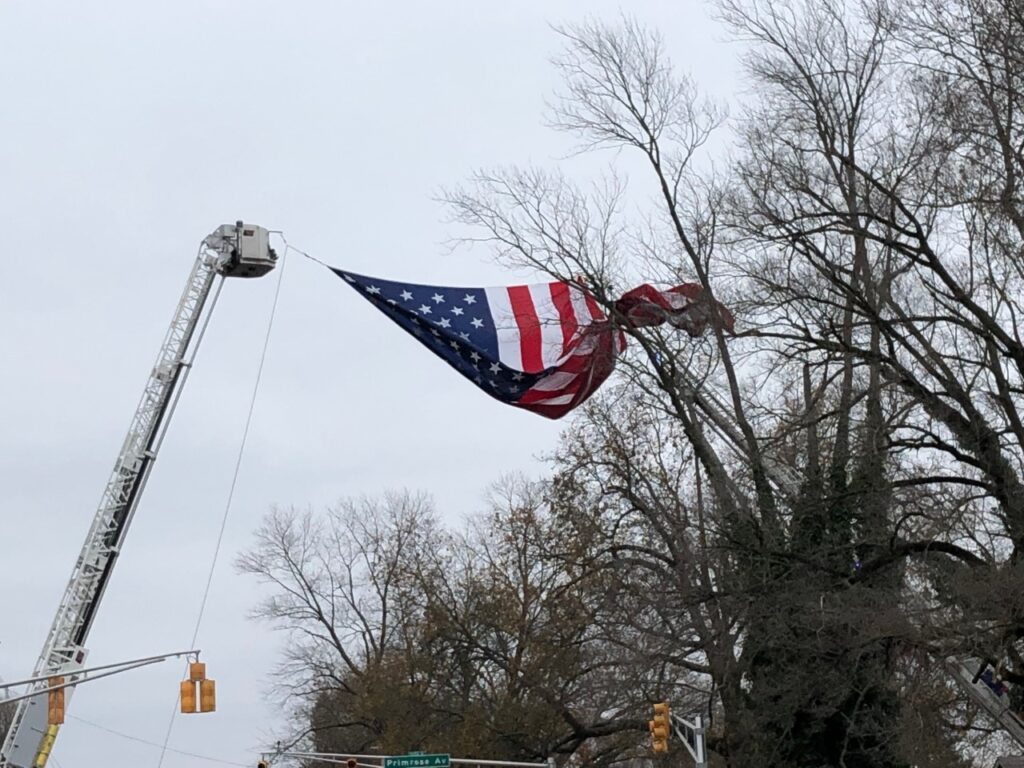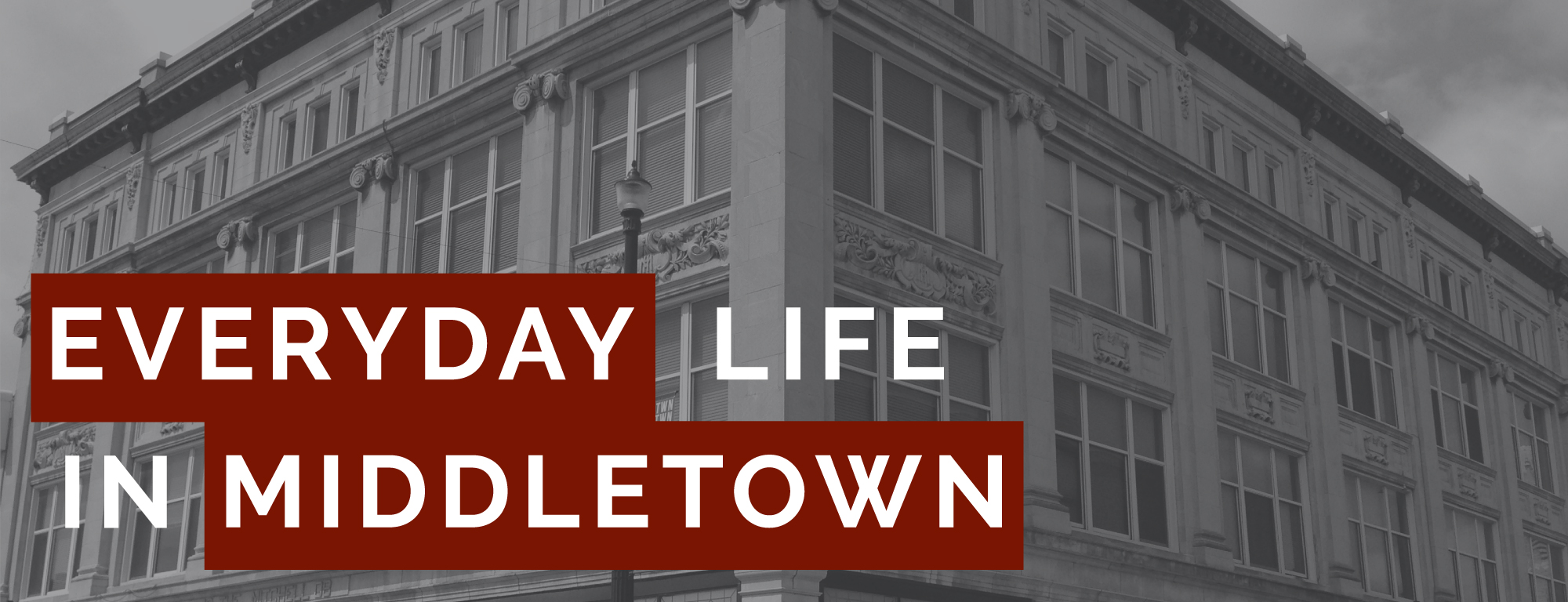
As we discussed in our post last week, emotions elicited by the current presidential campaign, and the Trump presidency more generally, have penetrated into everyday life quite deeply. The pandemic, another development we’ve reflected upon several times (see here, here, and here), has fed the anxiety and anger about public life that is percolating through our private experiences. Today, we thought we’d take a closer look at just how worries and fears about American politics and the general state of the country fit into our daily lives with the election upon us, and how we’re handing them.
In late September, about six weeks before election day, we invited our volunteer writers to produce accounts of their day, with the usual charge to record what they did and what they thought and felt as they did it. Political anxiety is pervasive in these narratives, which is hardly surprising in this moment. Political campaigns, after all, aim to spur emotional engagement, whether as affection or antipathy. More interesting are the strategies we see for managing the emotional turmoil brought on by the controversies surrounding the President and the election. (A reminder: our diarists skew left, so these accounts of daily life come mainly, though not exclusively, from a liberal perspective.)
Just about every diary we collected in September mentions politics. Only one prayerful entry seemed entirely devoid of political allusions. For a few, worries about the state of our country and its civic condition dominated the day. Their diaries were filled with expressions of anxiety or anger about politics. One such writer reported “feeling a great deal of fear and disgust vis-à-vis the political situation in this country—particularly in this state—and the unpleasant behaviors one sees from supporters of the current regime.” These emotions even shaped perceptions of old friends during a virtual visit. For others, current events seemed a sidebar or a backdrop to narratives focused on health, household duties, grandkids, or faith. In one example of this sort, a grateful but slightly worried diarist finished a prayer-filled day dealing with health concerns by thanking God “for each day and for the privilege of living in this free country (at least it is for now).”
More common was an approach where people managed their engagement with the election and the controversies swirling around it. Politics was a significant presence, an unsettling undercurrent coursing through daily life, but it could be rendered less disruptive through various coping strategies. Most often, these involved self-regulation of media consumption. One volunteer, who arose with a “heavy heart,” decided to avoid social media for the day. Another purposefully selected a sports-centered podcast for the daily commute as a means of blocking out political chatter. Some took note of the day’s disturbing news, whether about Breonna Taylor’s death or the Supreme Court, then put that to the side to concentrate on work, only to return to reflect on it at the end of the day. Sometimes the management of information occurred more abruptly, as when a hungover diarist heard a news report about replacing Ruth Bader Ginsburg on the Supreme Court and “quickly [got] disgusted and turn[ed] that shit off.”
Those who didn’t cut themselves off from the news often took a more mindful, even prayerful approach to consuming it. Contemplating the country’s intensifying political conflict, a diarist offered “my hope and prayer that these are growing pains to a new rebirth” and concluded their account of the day with a prayer for “peace and compassion.” Volunteer G61 adopted both the media-management approach and the more mindful method. After listening to the morning news they turned to other concerns for the bulk of the day. That evening, they resumed reading Parker Palmer’s?Healing the Heart of Democracy: The Courage to Create a Politics Worthy of the Human Spirit. The book offered up the model of Abraham Lincoln, who read poetry and humor when things got stressful, a tactic that our diarist emulated by reaching for a volume of Billy Collins’s verse. And even our diarist with a heavy heart sought—and found—solace by reflecting on her preschooler’s interest in a “sweet little bunny” on the side of the road.
As a few of our volunteers recognized, the ability to separate the emotional distress generated by our current politics from the rest of life is a luxury. None of our regular contributors find themselves in the crosshairs of the discrimination or disfranchisement that is roiling American life right now. They can adopt strategies to distance themselves from such concerns because they are issues that they hear about or read about, not ones they routinely experience. “I sometimes feel like an observer in much of this,” one wrote, noting their financial and personal well-being. “There’s such a contrast right now between my internal world and the external world that feels surreal and irreconcilable,” declared another. “I’m safe. Comfortable. Happy even. But it feels like I shouldn’t be.” Such unease seems common, if our archive is any indication, but it also reflects the status and security that many of our contributors possess. Politics intrudes in the form of fear, worry, and anger, but it doesn’t derail these everyday lives.

